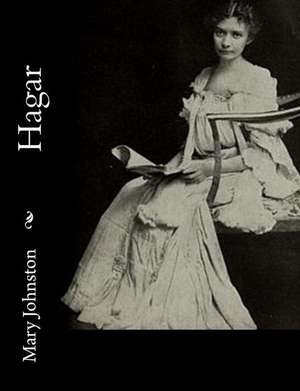Hagar
Autor Mary Johnstonen Limba Engleză Paperback
| Toate formatele și edițiile | Preț | Express |
|---|---|---|
| Paperback (7) | 60.46 lei 3-5 săpt. | |
| CreateSpace Independent Publishing Platform – | 60.46 lei 3-5 săpt. | |
| CreateSpace Independent Publishing Platform – | 60.46 lei 3-5 săpt. | |
| CreateSpace Independent Publishing Platform – | 60.46 lei 3-5 săpt. | |
| CreateSpace Independent Publishing Platform – | 60.46 lei 3-5 săpt. | |
| – | 78.20 lei 3-5 săpt. | |
| CREATESPACE – | 95.00 lei 3-5 săpt. | |
| Echo Library – 21 oct 2015 | 123.01 lei 39-44 zile |
Preț: 78.20 lei
Nou
Puncte Express: 117
Preț estimativ în valută:
14.96€ • 16.00$ • 12.48£
14.96€ • 16.00$ • 12.48£
Carte disponibilă
Livrare economică 27 martie-10 aprilie
Preluare comenzi: 021 569.72.76
Specificații
ISBN-13: 9781542417402
ISBN-10: 1542417406
Pagini: 230
Dimensiuni: 189 x 246 x 12 mm
Greutate: 0.42 kg
ISBN-10: 1542417406
Pagini: 230
Dimensiuni: 189 x 246 x 12 mm
Greutate: 0.42 kg
